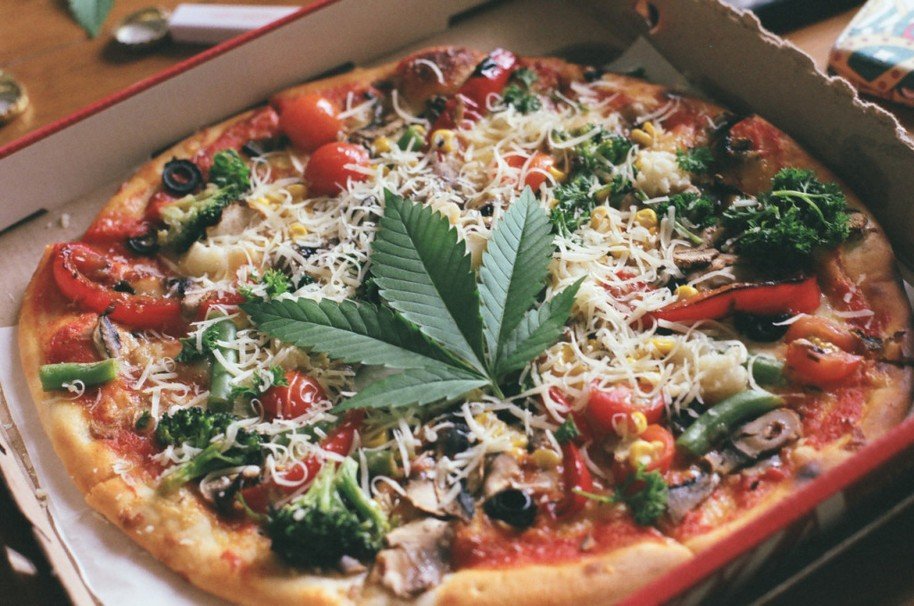Political motives should be the last thing health authorities embrace in their move to promote the use of cannabis for food and drink. Rather, they should be considering accountability, legality, health and safety.
While cannabis is still listed as a Category 5 narcotic drug under the Narcotic Drugs Act, the Public Health Ministry recently issued a regulation to expunge the plant’s leaves, stalks, stems and roots from narcotic lists. The move paves the way for using those parts for food and cosmetic production purposes.
But the permitted parts and content must come only from authorised producers — government organisations with medical and research tasks, modern and traditional medical practitioners, universities, community-based enterprises and community cooperatives.
The move has deflated business operators who saw the relaxing of the narcotics law as a business opportunity to cash in on cannabis-infused products.
Recently, the Chao Phraya Abhaibhubejhr Hospital in Prachin Buri was allowed to launch a pilot restaurant to offer cannabis-infused dishes and snacks to enthusiastic patrons.
Researchers from Suranaree University of Technology (SUT), which is authorised to grow marijuana, together with a major coffee shop brand in Nakhon Ratchasima, last week launched cannabis-infused food and beverage menus. They claimed it was part of the university’s research project.
Maejo University in Chiang Mai, an authorised cannabis grower, launched an event to let visitors taste cannabis-mixed dishes cooked from more than 40 restaurants in Chiang Mai over the weekend.
Many businesses including major energy and functional drink producers have planned to launch cannabis products and marketing campaigns to catch up with the rising trend.
Such activities are being pressed ahead with, despite the fact the legality to support the use of cannabis for food and drink still remains unclear.
Although some parts of cannabis were removed from the narcotic list, the plant is still classified as a Category 5 narcotic. At this point, there is no clear legislation allowing cannabis to be used as food.
In addition, a public health ministerial regulation issued under the 1979 Food Act bans cannabis for being used as food and drink for safety reasons.
This means that any cannabis-infused menu launched at this time may violate an existing law.
The Public Health Ministry eagerly promotes cannabis use for food and drink without clear safety guidelines.
Even though the level of cannabidiol (CBD) and tetrahydrocannabinol (THC) substances in parts are quite low, the chances of side effects must not be ruled out.
The question must be raised as to whether the ministry’s move to accelerate cannabis use for non-medical purposes is politically motivated.
Legalising cannabis is the flagship policy of the Bhumjaithai Party. Its pro-cannabis policy helped the party secure more than 50 MP seats in the last poll and it has taken the helm of the Public Health Ministry.
However, after two years in office, the party’s striking promise that every household would be allowed to grow up to six marijuana plants has yet to be kept.
The rush to promote cannabis-infused food and drink without clear legal and safety guidelines has been criticised.
Cannabis policy involves the health and safety of people.
It needs to be executed cautiously and righteously.
These editorials represent Bangkok Post thoughts about current issues and situations




